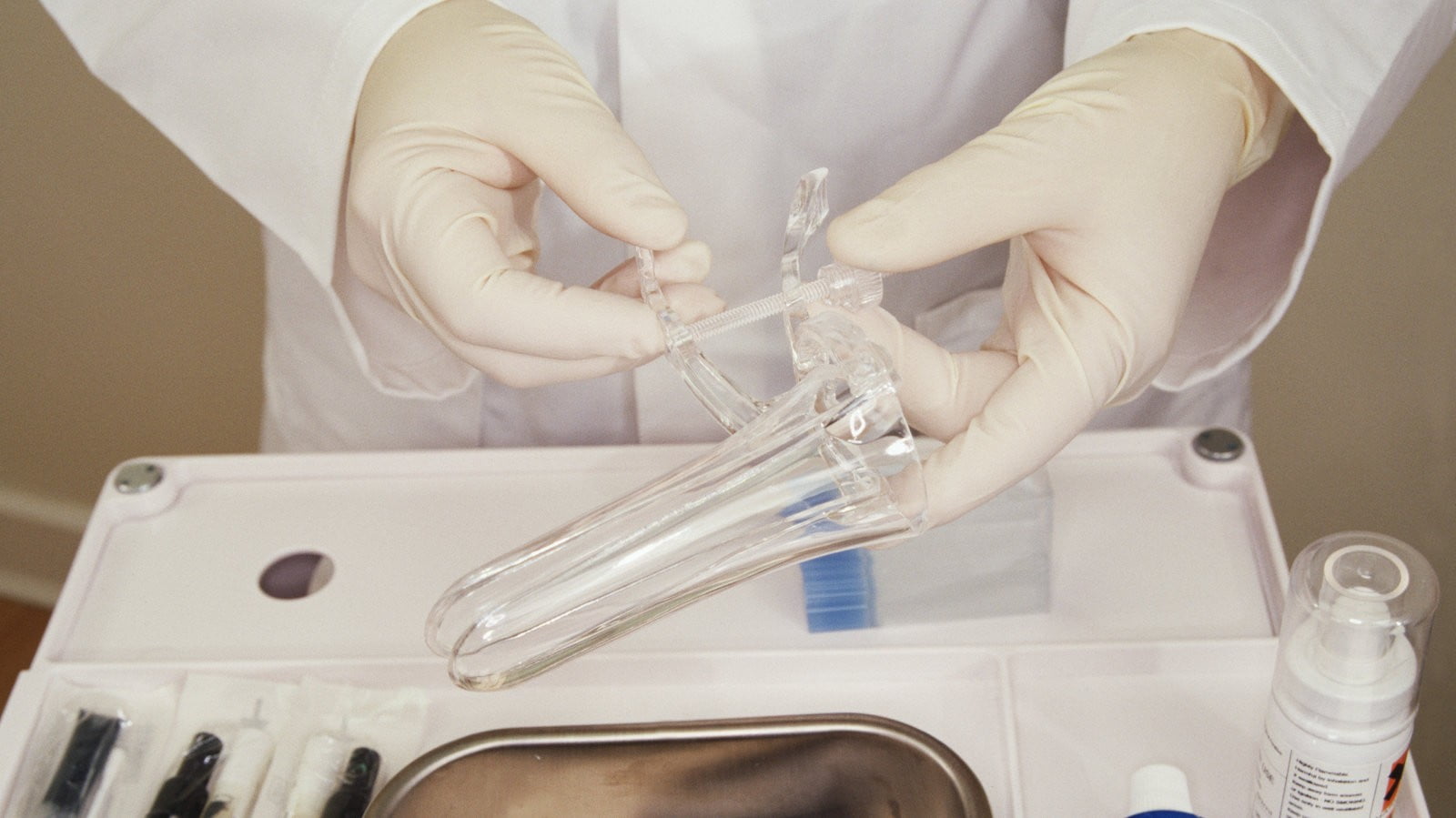Gynecological control is essential for the prevention of different pathologies, especially those related to the cervix. It is recommended to do it once a year, and it involves the Pap smear (PAP), the Colposcopy, and the Breast Examination.
The first two can only be performed after having initiated sexual intercourse, and with them, possible lesions are sought, that is, pictures that, if allowed to evolve, may generate some pre-cancerous lesions associated with cervical cancer. These procedures are preventive, although they are not strictly primary prevention.
It’s Importance to Breast Disease
For its part, breast disease has become very important in recent years. On the one hand, due to the advances in imaging and gynecologocial instruments, which allow studies to be increasingly specific, diagnosing lesions in early stages is not even palpable. On the other hand, molecular biology is also changing, generating cancers that appear at younger ages and are more aggressive.
That is why it is essential to start including the breast exam in gynecological check-ups. It is recommended to have a mammogram and a breast ultrasound between the ages of 35 and 40, and after that age, they are routinely included in the controls. It is necessary to highlight the importance of requesting both analyses since images that ultrasound perceives, and mammography do not, and vice versa.
Keep in mind that these recommendations are for patients without any prior history. Those who have direct relatives with breast cancer diagnoses at a young age (40 – 50 years, even a little less) are advised to get out of the routine and carry out studies earlier. The genetic-hereditary component is gaining significant importance, and its implications should not be minimized.
Many include transvaginal or gynecological ultrasound in control, but in general, this is not a diagnostic method that can be considered as preventive. At the most, it can be requested when there is a suspicion of pathology, when there are any symptoms, or in the event of having to carry out a stricter control over an ovarian lesion. It could be considered within the routine of menopausal patients, where a more stringent control should be done. Although the ovaries no longer fulfill the function of reproductive organs of hormones in this stage, they are still the seat of pathologies, basically ovarian cancer.








